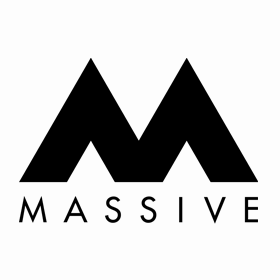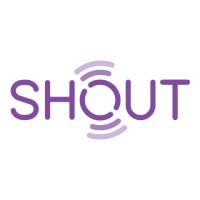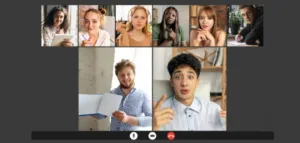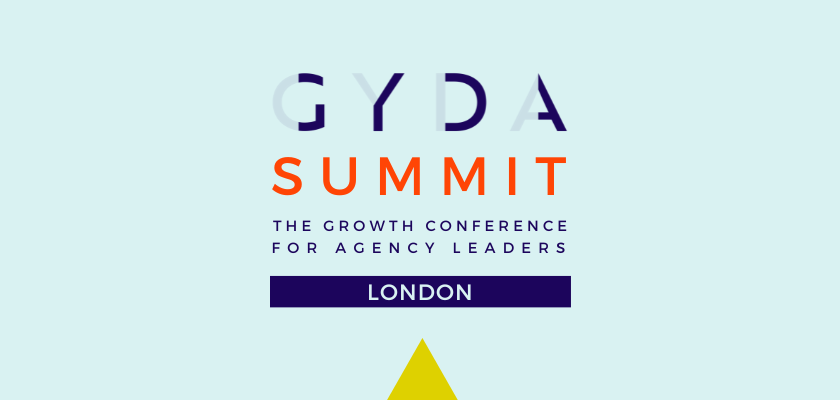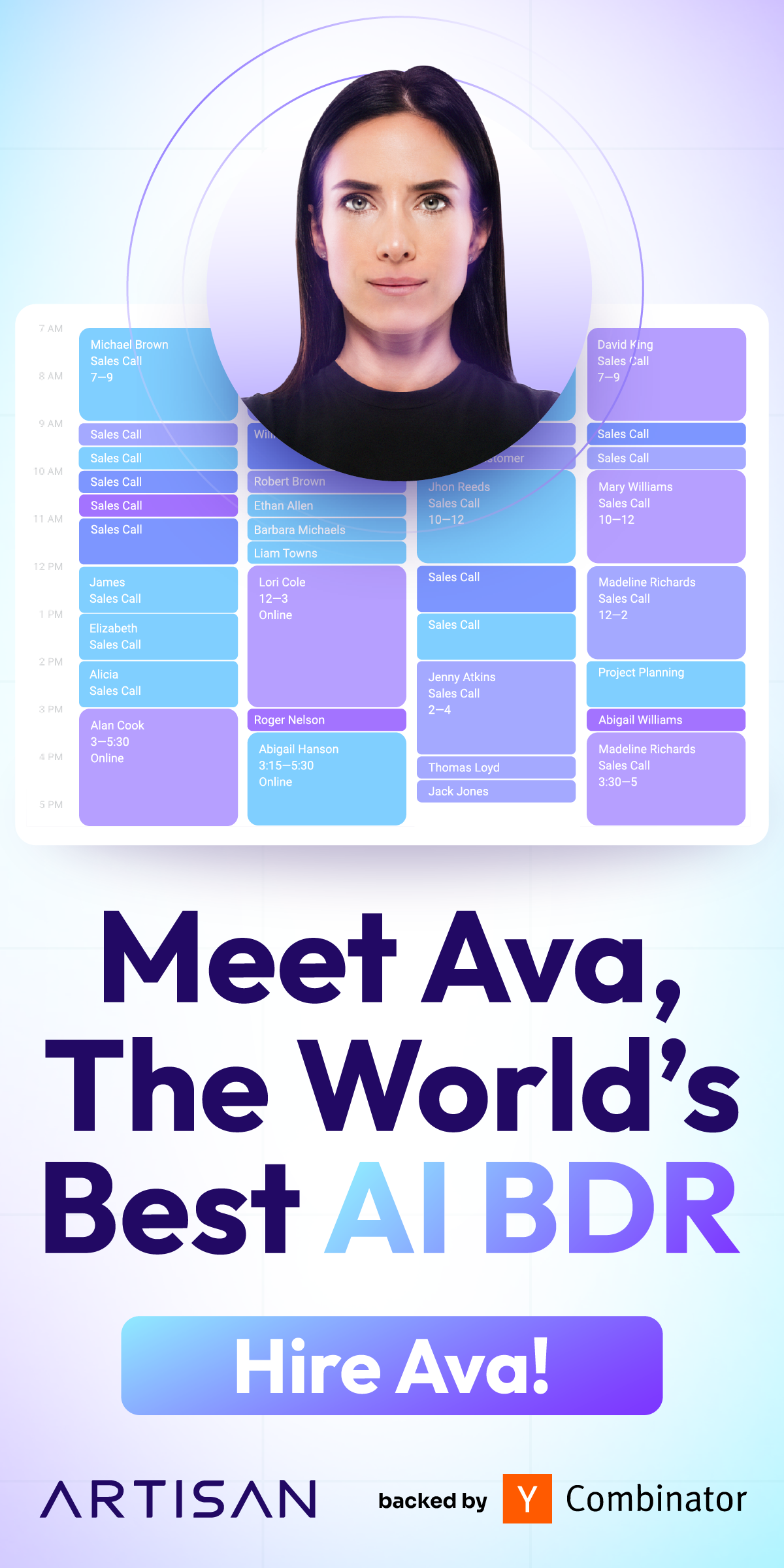
iOS14 Impacts and What Your Agency Should Be Doing About It
Updating your Apple device for most is just a pop-up notification that we click, tap, select, and not give it a second thought (until we realize we have some new emojis on our phone keyboard). However, for us marketers, Apple’s latest change has some lasting effects on our work and how we operate.
In this article, we are looking at what this latest Apple update means for us marketing agencies and, more specifically, Facebook ads agencies and what we check to ensure that you are operating as efficiently in line with the new update as possible.
What Is the iOS14 Update Updating?
Before getting to the technical stuff, let’s just let you know a bit about the more fun updates rolling out for iOS 14.5.
The camera app has updated its nighttime mode, and it will now give you an option for a mirror version when taking your selfies. If you have never taken an inverted selfie to see how the world sees you, you must try it!
Another update for us who have an apple watch is honestly life-changing for us now that masks are our new norm. Face ID will work when wearing your face mask; your iPhone will now look for your Apple Watch to unlock itself whenever it sees the bottom half of your face is covered. If your watch is close or on your person, your iPhone will unlock.
Apples latest update introduces a new feature that allows users to control the data collected by third parties sites. Previously this was available for any user to find and manage; however, they would manually search to these settings. Now the user will be prompted for each app whether they wish to allow data collection. If the user opts to deny this permission, the app will have reduced visibility to track site and app behaviours via their pixels.
Most recently, continuing the theme of privacy, Apple will be making further limitations to the information you choose to share through its location settings. The new update will ask if you wish to share the exact location or just the general area, further limiting how marketers can target custom audiences.
Another change of note is the way we interact with Apps. Apps will now inform the user of finer access levels such as a camera and microphone. Also, apps will now have a preview via App Clips and will show you a portion and sample of what the app is like.
This change and restriction on privacy come after years of discussion about privacy concerns, as many feel that this new digital world has led to a lack, or outright loss, of control over your own personal data. So this is Apple’s solution to that problem.
This will inevitably affect all social platforms; however, Facebook will be significantly affected.

How Will This Effect Facebook Ads Agencies?
Facebook will lose sight of valuable insights and information gained from non-Facebook websites where pixels were previously installed if more users opt to restrict access.
Facebook’s pixels across various websites allowed Facebook to understand which user (or which category of user) was interested in anything from skincare to business insurance. This, in turn, allowed for facebook ads agencies and us marketers to target an audience and get our digital ads in front of the right people.
Facebook is making changes to pixel implementation and event tracking to minimise the amount of data that will be lost. This is referred to as ‘Aggregated Event Management’. However, the loss of this data will mean that audience targeting will be less precise as with fewer signals; we cannot categorise the user as specifically as before.
To make up for this data loss, Facebook must change how its pixel collects information and, in some cases, build statistical models in the backend to fill in some gaps of user behaviour. It calls this change ‘Aggregated Event Measurement’ and is a significant factor in why pixel events will now be restricted.
Also, only eight conversion events can be associated with each pixel, which may impact advertising strategies. Attribution windows are also being reduced from 28 days to seven days, which may lead to fewer conversions and fewer data from which to optimize.
What Should Marketers Be Doing?
There are several measures facebook ads agencies and marketers can do to minimise the damage and potential ramifications of the update:
- Verify your Domain within the Facebook Ads platform as soon as possible. This is especially critical for businesses with pixels used by multiple Business Managers or personal ad accounts. Domain verification will ensure no immediate or future disruption in the ability to configure conversion events.
- Ensure the correct pixel implementation on your website, depending on the domain structure:
- .co.uk and .fr could have a pixel each
- .com/uk and .com/fr must share a pixel
- Evaluate current event tracking and prioritize events in importance from one to eight. Where necessary, consolidate events into one.
- Rely More on First-Party Data Collection- If you don’t already, collect data directly from your audience and customers. This can be obtained through your company’s website, app, email lists, surveys, social media, or other first-party avenues. The more you can rely on your data, the less you will be at the mercy of Google, Facebook, and other platforms’ policies. After all, you own the information you gather, so privacy concerns are minimal, assuming you’re following CCPA and GDPR guidelines on your site.
- Ensure any additional tracking and attribution (e.g. Google Analytics or Campaign Manager) that you have in place is up to date and implemented accurately.
- Explore opportunities on other social platforms.
Whilst this change for many users may go unnoticed for us marketers, it changes the way we look at collecting rich data forever. Furthermore, with plans for google to remove third-party cookie data from Chrome later this year, this is not the last we will hear about less data being provided through advertising platforms.
Our advice is to make sure you build rich first-party data from the list of potential and current customers you already have through channels such as email. As time goes on, it will be harder to use gain third party data through advertising platforms. If you have further questions, don’t be afraid to reach out to us at The Good Marketer on how we can help.






